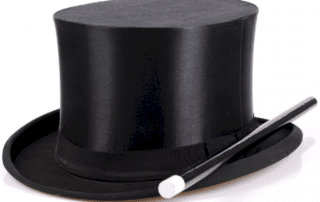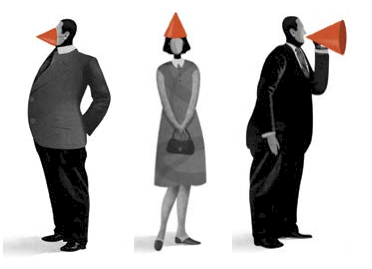Black Magic: How Product Colors Influence Prosocial Behaviors
There are “moral meanings” that people ascribe to objects in white and black colors. We show that consumers see buying a product in white color as an act that is morally good and buying a product in black color as an act that is morally bad. Those who buy white-colored products feel licensed to behave less prosocially afterward, while those who buy black-colored products are more prosocial as they feel a need to compensate for their initial misconduct.




